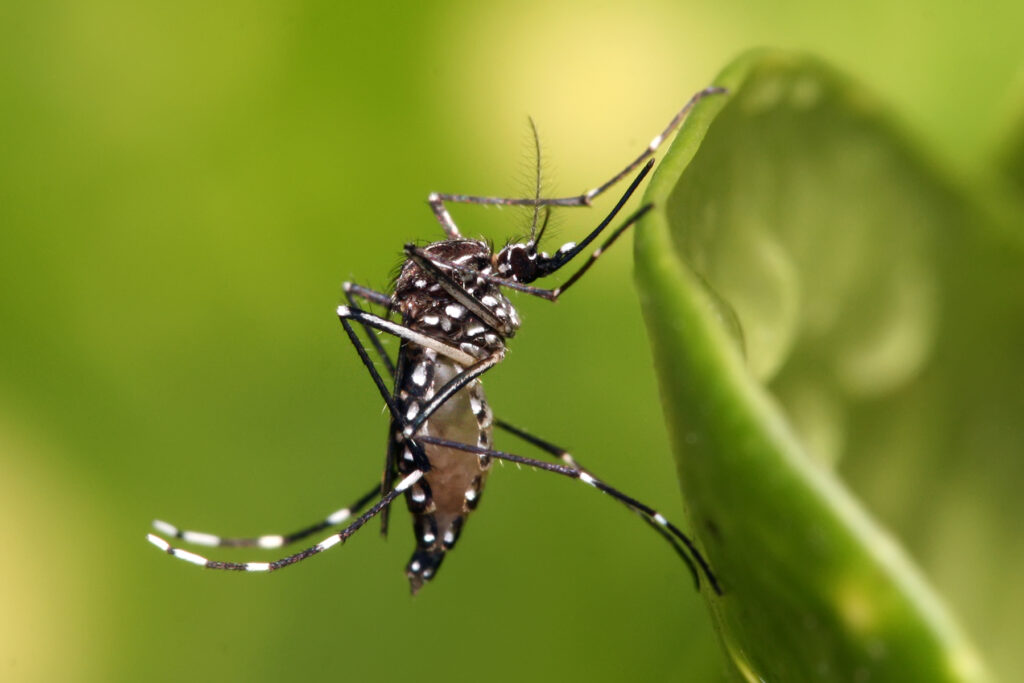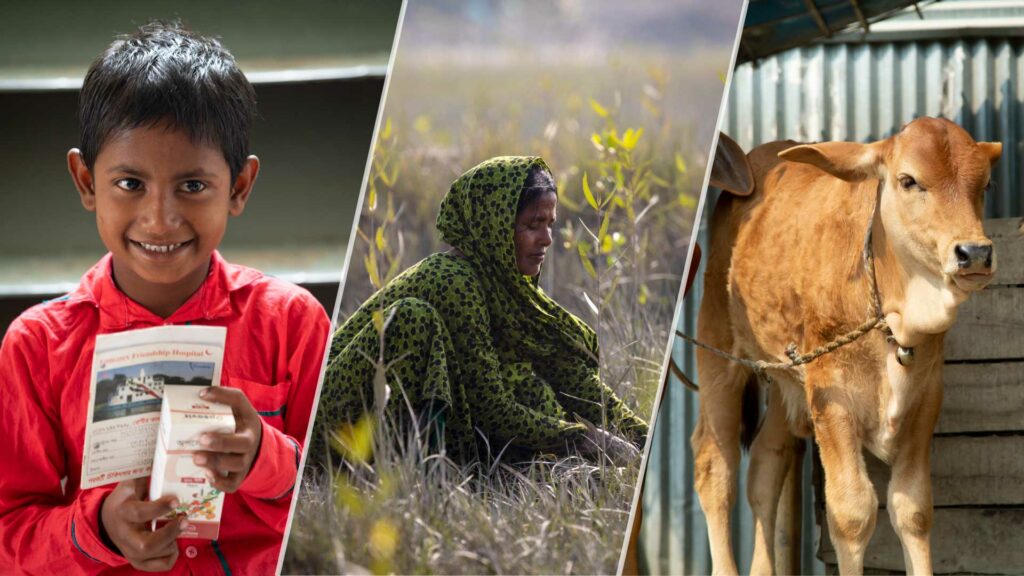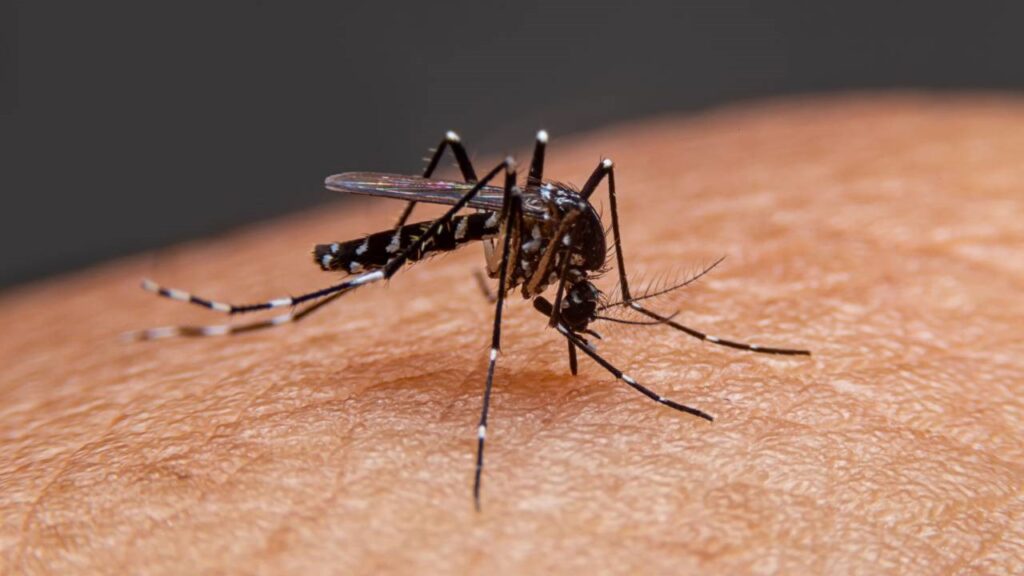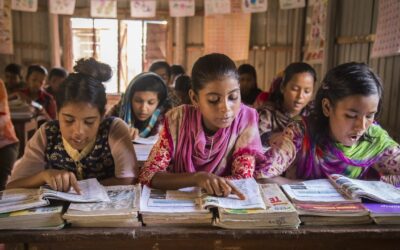
by Dr. Rafi Abul Hasnath Siddique
August 16, 2023
Dengue fever, a mosquito-borne viral illness, continues to cast a shadow over Bangladesh, causing recurring outbreaks that threaten public health and strain our healthcare systems. In the face of this difficult time, embracing the One Health strategy presents a multifaceted solution that encompasses human, animal, and environmental health factors. It is only through a synchronised effort amongst various relevant sectors, that the government can play a pivotal role in preventing dengue outbreaks and safeguarding the nation’s well-being.
The One Health Approach: A Holistic Solution
The One Health approach recognises the interconnectedness of human, animal, and environmental health. In the context of dengue prevention, this strategy underscores the importance of addressing the intricate relationships between the disease, its vectors (Aedes mosquitoes), and their ecological habitats. By considering these factors collectively, a comprehensive and sustainable solution can be developed to mitigate the impact of dengue outbreaks. Friendship has been working with the Government of Bangladesh to foster a One Health philosophy in policy-making and execution of public works, stressing on the understanding of the inter-connectedness of the three facets of sustainable health practices.

Prevention Through One Health Strategy:
Bangladesh, with its tropical climate and dense urban areas, is highly susceptible to dengue outbreaks. Implementing the One Health strategy demands a multi-pronged approach:
- Integrated Vector Management (IVM): A crucial element of One Health, IVM focuses on managing mosquito populations through a combination of methods. This includes regular cleaning of water storage containers, proper waste disposal, and use of larvicides in breeding sites. By collaborating with environmental and sanitation agencies, the government can ensure the effective implementation of IVM practices.
- Healthcare Infrastructure Enhancement: The burden of dengue on the healthcare system is undeniable. A One Health approach requires strengthening healthcare facilities to accommodate a surge in dengue cases during outbreaks. This involves adequate training for medical professionals, ensuring the availability of diagnostic tools, and maintaining sufficient medical supplies.
- Surveillance and Data Sharing: One Health relies heavily on data-driven decision-making. Developing a robust disease surveillance system that tracks dengue cases, mosquito populations, and environmental changes is essential. Government agencies, along with research institutions, can collaborate to share and analyse data, enabling timely interventions.

Government’s Crucial Role:
The Government of Bangladesh holds a central role in orchestrating and facilitating the implementation of the One Health strategy:
- Policy Development and Coordination: The government should formulate comprehensive policies that integrate health, agriculture, environment, and urban planning. Interagency coordination is vital to ensure that various sectors work together seamlessly to prevent dengue outbreaks.
- Public Awareness and Education: An informed public is pivotal in the fight against dengue. The government can launch public awareness campaigns to educate citizens about preventive measures, the importance of maintaining clean environments, and early symptom recognition.
- Research and Innovation: Government funding can drive research efforts to understand local dengue dynamics, mosquito behavior, and environmental factors that influence outbreaks. This knowledge forms the basis for effective interventions and informed decision-making.
- International Collaboration: Dengue knows no borders. The government can collaborate with neighbouring countries, international health organisations, and research institutions to share experiences, best practices, and resources in combating dengue outbreaks.
In conclusion, Bangladesh’s battle against dengue outbreaks requires a holistic approach that transcends traditional boundaries. The One Health strategy aligns seamlessly with this objective, considering the intricate web of factors that contribute to dengue transmission. Bangladesh’s commitment to the global One Health forum is commendable. At the global level, discussion alone is insufficient. Concrete actions are imperative. The government can establish a dedicated One Health task force, comprising experts from diverse fields, to develop and implement a comprehensive strategy. Funding and resources should be allocated to support research initiatives aimed at improving mosquito control methods and vaccine development
By embracing the principles of One Health, Bangladesh can fortify its defenses and build a resilient nation that stands united against the threat of dengue and similar diseases.



